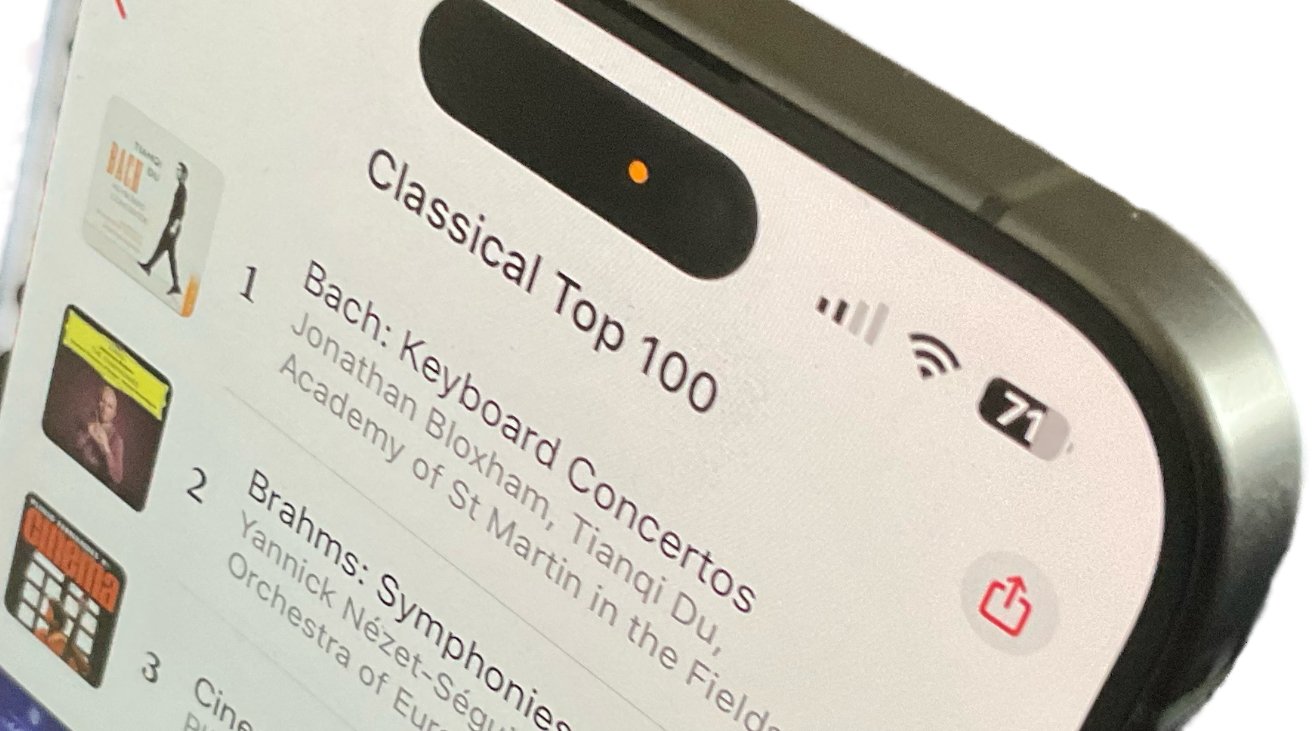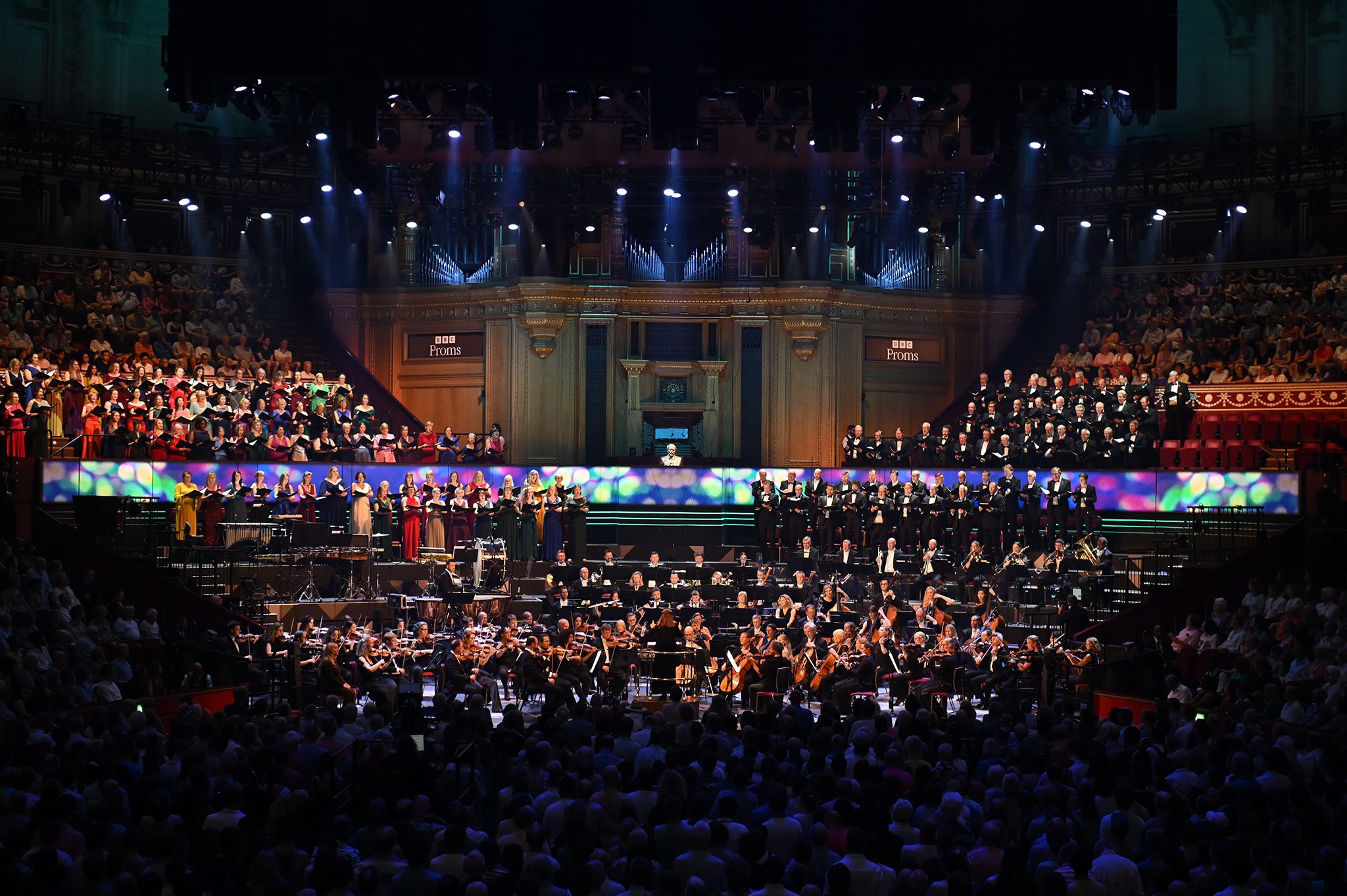Sir Simon Rattle to DCMS’ Oliver Dowden: “We are poised and ready for collaboration, to urgently save our industry and its thousands and thousands of jobs.”
I read Sir Simon Rattle’s Times interview first thing on Sunday morning in bed as soon as I woke up. Take it from me this is not the best strategy. Not right now at least. Top line message from Rattle: orchestras will go to the wall; everything’s fucked.
Later in the day during a telephone chat with a pal of old, I glibly say that reading Rattle’s interview should be reserved until later in the day. It’s suggested to me that a similar strategy is being adopted by the theatre world to lay things on the line, to get the attention that’s needed to move things along.
I get this. And I agree with it. Later in the day I pick up an email pointing me in the direction of a meeting Nicola Benedetti, Sheku Kanneh-Mason and Sir Simon Rattle all have had with DCMS Secretary of State Oliver Dowden last week to talk about what the UK orchestral sector needs right now. Put simply – other countries are moving already to make live performance happen because a) they’ve supported the arts during this period and b) they’re collaborating to find workable pragmatic interim solutions; we want to work with you; help us.
Combined with the Saturday appearance of Nicola Benedetti, CBSO general manager Stephen Maddock, Chi-chi Nwanoku, and Southbank’s Director of Music Gillian Moore on Radio 3’s Music Matters, this feels like a more concerted and coordinated effort than in recent weeks. It certainly reads more explicitly than the joint open letter Petrenko, Karabits, Brabbins, Jurwoski, and Sir Mark Elder put out last week. Why wouldn’t they all coalesce around one thing? Or did the emotive former prompt the more specific and practical latter?
Most compelling in Rattle’s contribution is the experiences he shares with other European orchestras right now. And specifically the idea of distancing amongst the band in a performance space. This tallies with another piece of news I picked up from Bamberg Symphony who in May were testing the reach of aerosols in a performance space. Spoiler: turns out wind instruments aren’t spreading the virus anywhere near as far as the two-metre distancing rule might lead you to believe. Bamberg Symphony plays host to the Mahler Conducting Competition from 29th June (albeit behind closed doors and streamed live on YouTube) as a result.
In this way, its possible to see the livelihoods of hundreds of thousands of people dependent not on the development of a vaccine or the reduction of the R, but instead reliant on those with the power to make small changes to listen to spokespeople from the sector, and for those to be persuasive. Seen from this perspective, the return to live performance should be driven by those with an eye on the science and who can come up with workable solutions. Is the UK industry doing that? I’m genuinely not sure. I’ve not seen obvious evidence of that.
Meeting statement in full
We know you know the terrifying hardship and uncertainty the classical music sector faces. That an entire, complex ecosystem of musicians, composers, behind the scenes creators, managers, technicians, festivals, venues, orchestras, choirs, education & outreach leaders, publishers, marketers etc. are not only unable to work, but unlike many other industries, have absolutely no concept of a timeline to work towards. It is making any semblance of getting back to work, and saving our industry from collapse impossibly and increasingly hard.
However, we are aware that you know the phenomenal contribution arts and culture brings to our GDP, £10.8 billion in GVA (source Arts Council England).
As you’ve already referenced today, we know you recognise the weight and importance our cultural landscape holds, both worldwide and to the British public.
But all of us representing the classical sector today are here to say that with the right financial support, and workable social distancing guidelines, our entire industry is united, ready, prepared, and desperate to get back to doing what we do best.
People all over the country are in need, people are in crisis. Classical music itself is steeped in history and tradition, but we are agile, dedicated and reactive. And we want to help ease people out of this impossibly difficult time.
There are countless examples we could list of what people and organisations have already been doing, but hopefully you will have been keeping up to date with these.
Looking to the immediate future, there are so many areas of opportunity within which we can work with government, and there is so much we want to offer – individually and collectively. But we can only do so with the right support and collaboration.
We know we can provide national moments of unity and uplift, and a coming together of mass music participation and appreciation.
We can help be a vital part of the emotional and psychological recovery for ALL people of the UK, but in particular for our elderly and vulnerable population.
When unified, we can be an unbelievable force for developing creativity and resilience in our next generation through education.
We can deploy musicians in innovative ways, through digital and inventive performance spaces reaching people in all parts of the country.
And of course, our substantial and growing track record for using music to positive effect in mental health and wellbeing speaks for itself.
We have all been humbled by this experience, and are more understanding of our role in society than ever.
Morale, creativity and energy will be needed from all walks of life to find ways out of this crisis. It’s not just about managing circumstances in a reactive and stagnant way – let us tap into the part of the brain artists and musicians use all the time. We problem-solve through creating new pathways, and the country desperately needs that right now.
Please work with us!
But we need money, we need a clear timeline to work to, we need guidelines that are both safe and workable and we hear there’s plenty of evidence specifically pertaining to our industry we are simply not making use of, some of which Sir Simon Rattle speaks more on below.
– We need meaningful collaboration with creative leaders in the digital field
– We are willing and indeed desperate to collaborate with scientists and experts and leaders in all fields to ensure we’re on the front foot of what’s possible to do, safely
– We want to look seriously at workable proposals
– We need to work out a timeline and business model for venues. Unlike in many parts of Europe, our venues by and large cannot open without significant support
– And from now until the moment where they can viably open, we still need to be making music for people, wherever that may be. What about licensing agreements to perform in car parks, warehouses, parks, etc.?
What Sir Simon Rattle said DCMS’ Oliver Dowden on post-lockdown orchestral life
Sir Simon Rattle said: “Orchestras need to play and play soon. Like dance companies or footballers, we have to train. We are a collective. We can do a great deal even before we are back in public, but even then, we have to be match ready! However, without workable distancing plans, an orchestra as such will not be a possibility.
On this subject it has been a surprise even for us how little aerosols or droplets are emitted while playing wind instruments, considerably less than normal conversation, for instance. We would ask that wind distances are a generous two meters maximum, and strings just one meter. In this way some kind of return to playing would be practical. The latest Danish scientific calculations suggest 0.5 meters for strings and 1 meter for winds as a perfectly safe arrangement.
Over the last two weeks I played my first orchestral music in over three months in two European cities: first in Munich, in a studio, very distanced, but with a whole string section followed by a wind section of 13. The winds were 3 metres distant from each other which was like sending smoke messages between mountains: but we played! In Prague we played with a full orchestra, not distanced as everyone had been tested in the previous three days. There was an audience of 500, all masked but sitting together, and most shockingly of all, we shook hands on stage, something I had almost forgotten how to do!
Two different cities with different solutions: but both with scientific underpinning and immense care. And although both cities are further in their COVID journeys, the science remains the same. The aerosols move in the same way wherever they are in the world, which is why I would beg the UK to take note of the very thorough investigations from all over the world, rather than starting from the beginning. In other words, deal with the necessities of orchestral distancing not just the superstitions.
Orchestral rehearsal venues are willing and ready to transform into modern film and recording spaces which can follow the guidelines – but only if the guidelines are not impossible.
And finally, we will need some extra support over the next 12-18 months while we start performing to necessarily smaller, distanced audiences, and transition towards whatever our new world will be. On the other side of all this, we will be alive and kicking and ready to take on new challenges once more.”
The resilience, work ethic and tenacity of people working in our industry is bountiful and deeply moving.
We really, really do not want to be left behind here, and have our world-class industry fall by the wayside whilst European cultural institutions are being protected.
We shouldn’t be penalised for our increased autonomy and our commercially viable business models.
We don’t want more money for nothing. We don’t want our lights to stay dark. We want and need cash, support and guidelines in order to GIVE. To give to the public, to help people, to provide solace, comfort, uplift and art.
Fundamentally, we want to work with you. We don’t want to sit and complain and moan. We are poised and ready for collaboration, to urgently save our industry and its thousands and thousands of jobs – but to also help lift people out of this awful situation.


